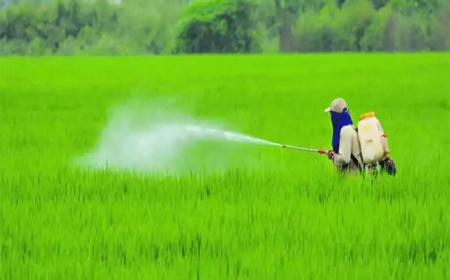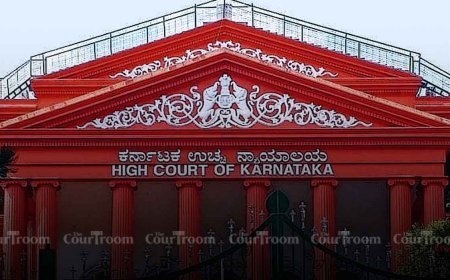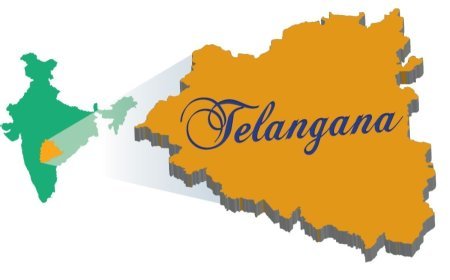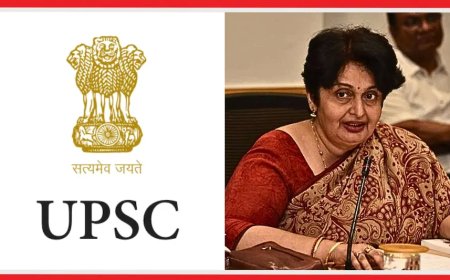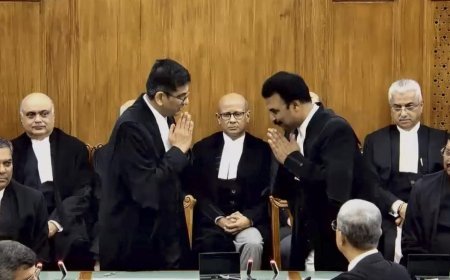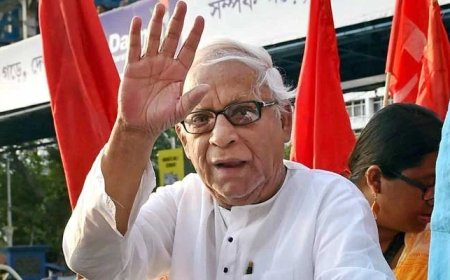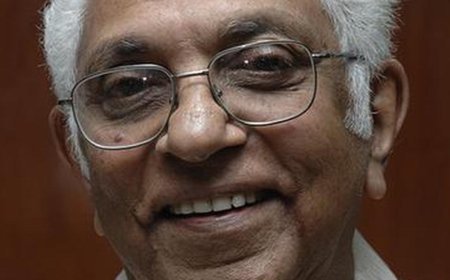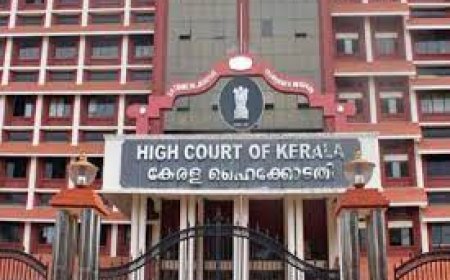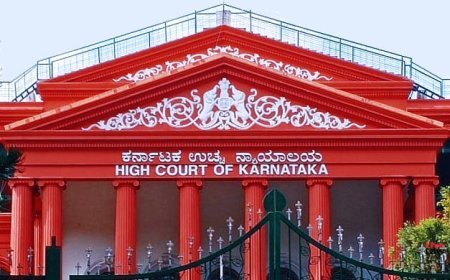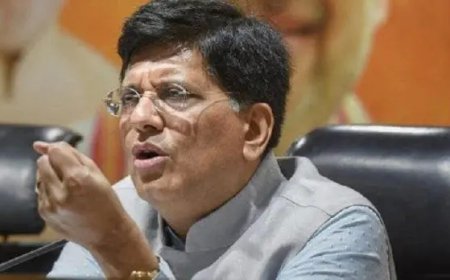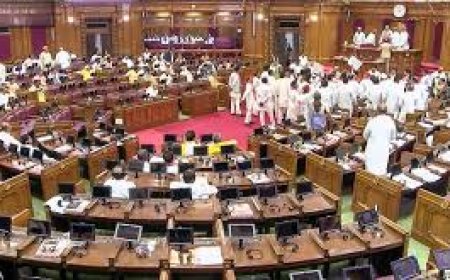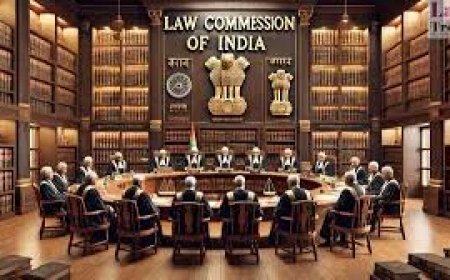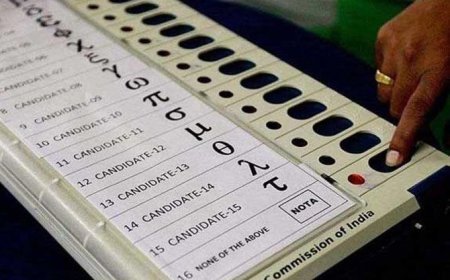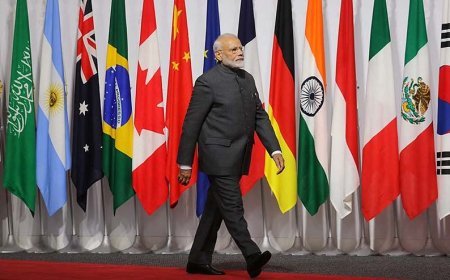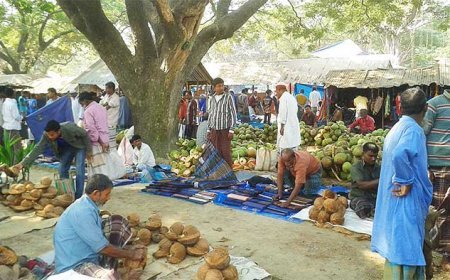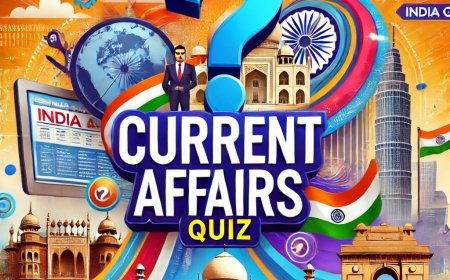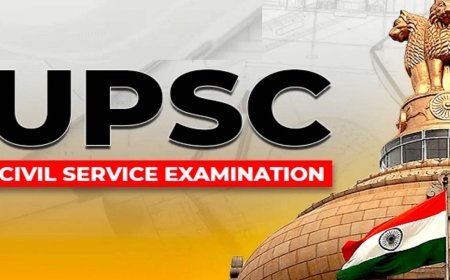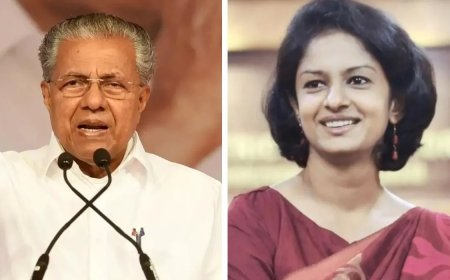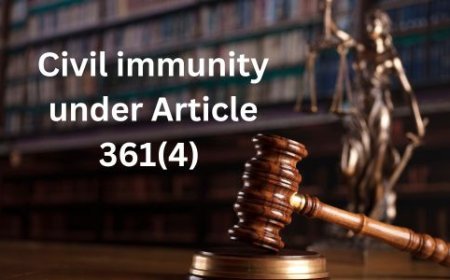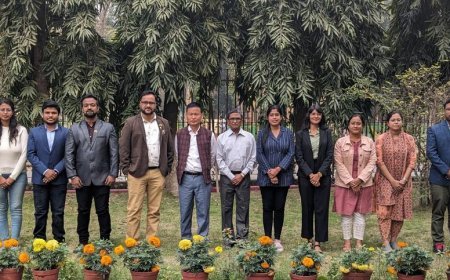Understanding the Scope of the SC/ST (Prevention of Atrocities) Act: A Detailed Analysis

Understanding the Scope of the SC/ST (Prevention of Atrocities) Act: A Detailed Analysis
The Scheduled Castes and Scheduled Tribes (Prevention of Atrocities) Act, 1989, was enacted to prevent atrocities and discrimination against members of the SC/ST communities. However, not every insult or offensive remark aimed at an SC/ST person automatically qualifies as an offense under this law. The Supreme Court of India, in a recent judgment, clarified the nuances of this act, emphasizing that the law applies only when the insult or humiliation is intricately associated with the victim’s caste identity.
The Supreme Court Judgment: Key Takeaways
On August 23, 2024, a Supreme Court Bench comprising Justices P.B. Pardiwala and Manoj Misra delivered a significant judgment regarding the application of the SC/ST (Prevention of Atrocities) Act. The ruling came in the context of a case involving Shajan Skaria, the editor and publisher of the YouTube channel “Marunadan Malayali.” Skaria was accused of uploading a derogatory video against Kerala MLA P.V. Sreenijin, a member of the Scheduled Caste community.
The Court held that not all insults directed at an SC/ST individual fall under the purview of the 1989 Act. For the law to be applicable, the insult must be specifically targeted at the individual due to their SC/ST identity. The court clarified that the intention behind the insult must be rooted in caste discrimination. Mere knowledge of the victim’s caste is insufficient; the insult must be deliberately made to reinforce caste-based prejudices.
Legal Provisions Under Scrutiny
Skaria was booked under Sections 3(1)(r) and 3(1)(u) of the SC/ST Act. Section 3(1)(r) pertains to intentionally insulting or intimidating an SC/ST person in public with the intent to humiliate them. Section 3(1)(u) deals with promoting enmity, hatred, or ill-will against members of SC/ST communities.
However, the Court found no prima facie evidence to suggest that Skaria's actions were motivated by Sreenijin’s caste identity. The judgment pointed out that the derogatory remarks were not aimed at SC/ST members as a group but were directed solely at Sreenijin. Consequently, the Court allowed anticipatory bail to Skaria, emphasizing that the SC/ST Act should not be misused for actions that do not have a caste-based motive.
Historical Context: Previous Judicial Interpretations
This ruling aligns with previous interpretations of the SC/ST (Prevention of Atrocities) Act by Indian courts. For instance, in Hitesh Verma v. The State of Uttarakhand (2020), the Supreme Court held that the provisions of the SC/ST Act could not be invoked merely because the victim belonged to an SC/ST community. The insult must be tied to the victim's caste identity to constitute an offense under the Act.
Similarly, in Subhash Kashinath Mahajan v. State of Maharashtra (2018), the Court ruled that a preliminary inquiry should be conducted before registering an FIR under the SC/ST Act to ensure that the complaint is not frivolous or motivated by malice.
These cases highlight the judiciary's cautious approach in applying the SC/ST Act, ensuring that it serves its intended purpose of protecting marginalized communities from caste-based atrocities without becoming a tool for misuse.
Implications of the Recent Ruling
The August 2024 judgment reiterates the importance of intent and context in applying the SC/ST (Prevention of Atrocities) Act. It underscores that the Act is designed to combat caste-based discrimination and should be invoked only when an insult is intrinsically linked to the victim’s caste. This ruling could have significant implications for how future cases under the SC/ST Act are interpreted, potentially leading to more stringent scrutiny of the motives behind alleged offenses.
Conclusion
The SC/ST (Prevention of Atrocities) Act is a crucial legal instrument in India's fight against caste-based discrimination. However, as the recent Supreme Court judgment illustrates, the application of this law requires careful consideration of the context and intent behind alleged offenses. By ensuring that the Act is used appropriately, the judiciary continues to uphold the balance between protecting marginalized communities and preventing the misuse of legal provisions.
This judgment serves as a reminder that while legal protections are essential, they must be applied judiciously to maintain the integrity of the law and protect the rights of all individuals.
What's Your Reaction?







